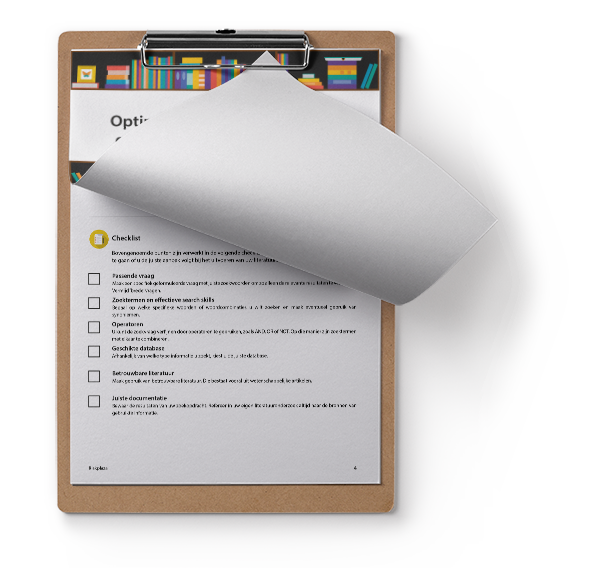Give ground for a food safety programme using an HACCP study
Food poisoning, along with other illnesses caused by unsafe food, can give cause to much misery. There have even been cases that have ended fatally. In the longer term, the disadvantageous effects have a continued effect on trade and tourism, result in a loss of revenues and productivity and cause unemployment and legal proceedings. Which is why it is of the utmost importance that all food companies operate in accordance with an adequate food safety programme. How can you guarantee that the foodstuffs that are supplied through your company are safe?
Using procedures based on the HACCP principles, risks of contamination are more easily observed. In addition, specific hazards are ascertained with these procedures, along with the corresponding preventive measures. HACCP stands for ‘Hazard Analysis Critical Control Points’. The HACCP system makes use of seven basic principles, one of which is explained here.
Prior to setting up an HACCP plan, it is essential to have made an inventory of which risks relate to which foods. And so the first basic principle within HACCP concerns identifying and analysing the possible hazards during the various steps of the process or when trading foodstuffs.
An HACCP study must be carried out in order to do that properly. Scientific literature, results of analyses, external experts’ appraisals and reports on the epidemiological monitoring of illnesses that are transmittable through food must be collected and combined to that end. You will have to know where to look if you are to find the right literature. Certain literature is not always readily available. Public bodies and scientific articles are often not readily accessible.
The literature search makes up the so-called ‘foundation’ for the entire HACCP plan and it is therefore highly important that the search is conducted with precision.
Take your time when conducting the HACCP study. Be sure to appoint people with knowledge of the matters in hand. This will allow the process to run more easily and more quickly. Should you really hit a wall, then it certainly would not hurt to call upon a specialist.




